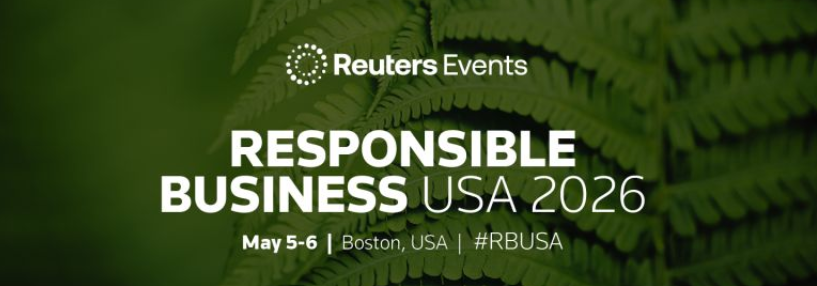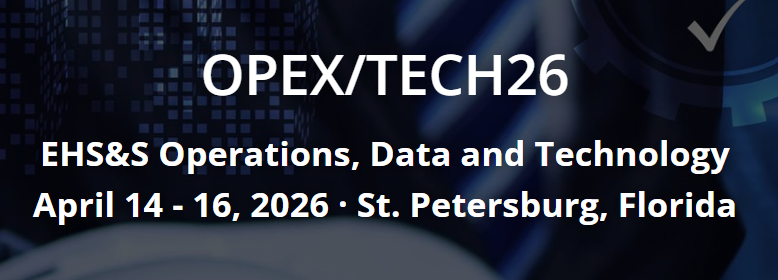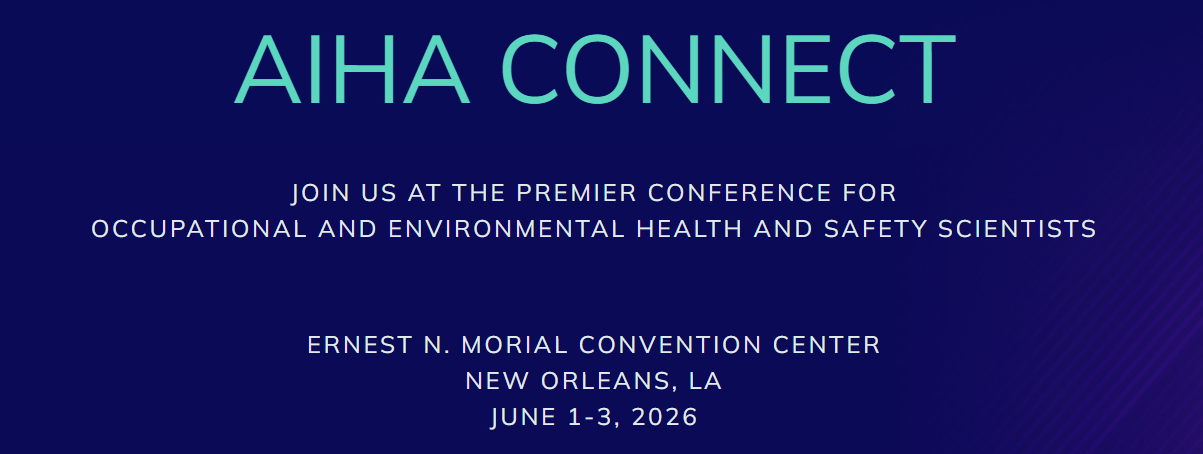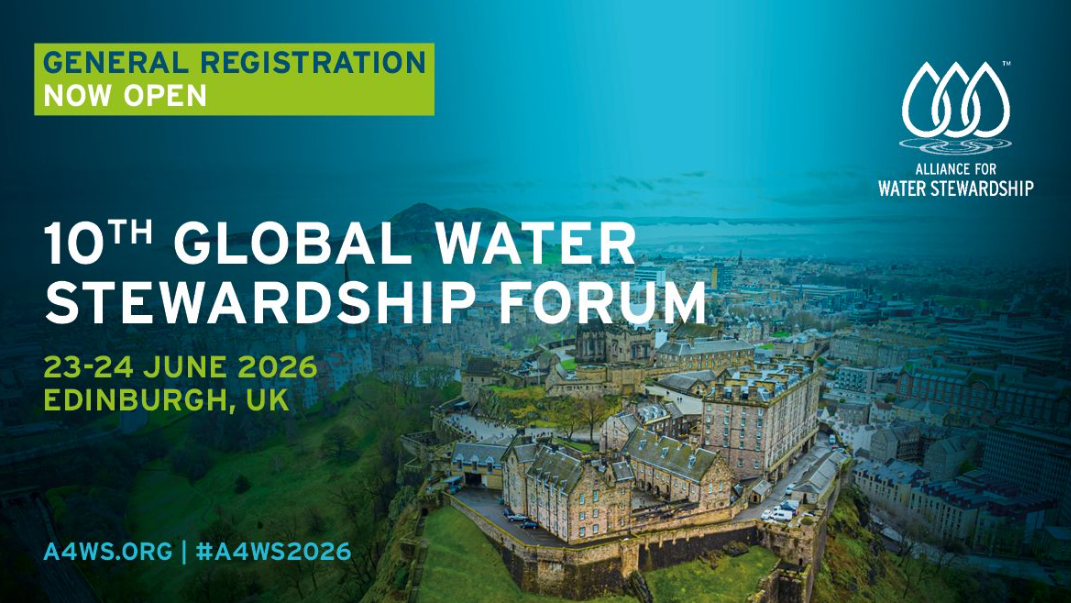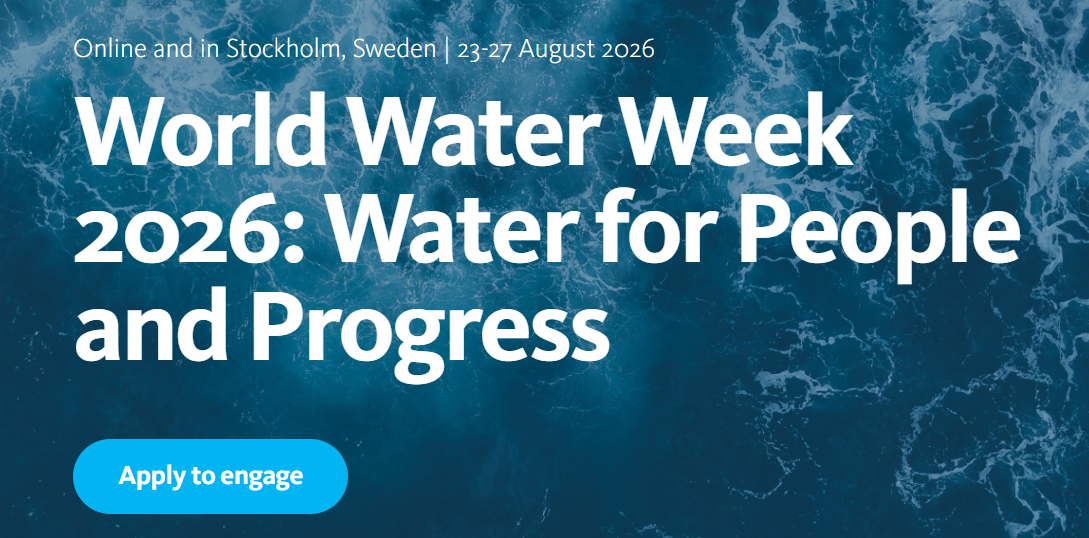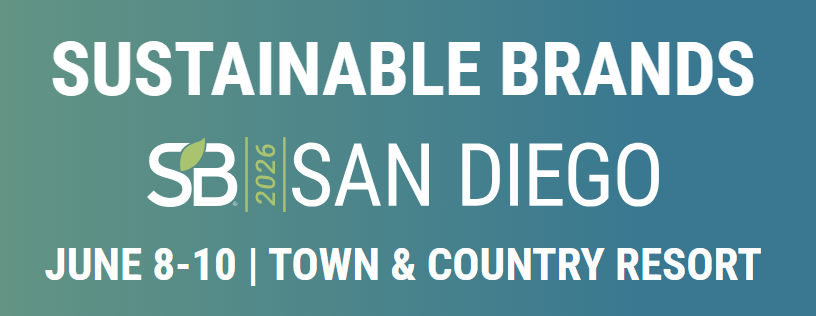With Valentine’s Day just around the corner, plenty of people are looking to make a connection online. But KeyBank is reminding everyone to stay alert — because scammers are looking to make connections too, and not the good kind.
These fraudsters often build fake profiles on social media or dating apps and slide into your messages with the goal of building trust… and then asking for money. And it’s not a small problem: the Federal Trade Commission reported that people lost $1.14 billion to romance scams in 2023, making it the costliest type of imposter scam that year.
So how can you spot one of these heartbreak‑for‑hire operators? KeyBank breaks it down.
Red Flags to Watch Out For
They never meet you in person: If your online “match” always has an excuse for why they can’t meet — maybe they’re overseas or constantly traveling — that’s a big warning sign.
They jump into love way too fast: Scammers often use “love‑bombing” to hook their targets. Think constant compliments, intense affection, and big emotions right away.
Their photos look too perfect: If their profile pics seem like they came straight from a stock photo site or a modeling portfolio, trust your gut.
They try to move the conversation off the platform: Pushing you to switch to email, text, or WhatsApp quickly is a common tactic. They want you in a more private space.
Sudden emergencies pop up… and they need money: This is the classic scam. The “emergency” is urgent, emotional — and fake.
They insist on getting paid in strange ways: Cryptocurrency, gift cards, wire transfers — all tough to trace and major red flags.
Tips to Stay Safe
Take your time — and keep personal details to yourself: Even small bits of info (like your pet’s name or your college) can help someone guess your passwords or security questions.
Loop in your friends and family: Sometimes the people around you can spot suspicious behavior before you do.
Reverse‑image‑search their photos: A quick search can reveal if the same picture shows up on other profiles or websites.
Be skeptical of over‑the‑top compliments: Flattery can be a tool — especially when someone wants something from you.
Most important – never send money to someone you haven’t met: No matter how convincing their story is, keep your wallet (and your heart) protected.
If You Think You’re Being Targeted
Cut off contact immediately: Unmatch, unfriend, block — whatever it takes to stop the communication.
Report the fake profile: Most platforms have easy reporting tools to help stop scammers from targeting others.
Secure your accounts: If you shared money or sensitive info, update your passwords, call your bank, and check your credit reports right away.
The information and recommendations contained here have been compiled from sources believed to be reliable based on current information and conditions and are subject to change. KeyBank assumes no duty to update any information in the material in the event that such information changes. KeyBank does not represent or warrant its accuracy, reliability, or completeness or accept any liability for any loss or damage (whether direct or indirect) arising out of the use of all or part of this material. This material is provided as general information only; particular situations may require additional information or actions. Nothing in material shall be regarded as an offer, solicitation, recommendation or advice (whether financial, accounting, legal, tax or other) given by KeyBank and/or its officers or employees or other presenters. If legal advice or other expert assistance is required, the services of a competent professional should be sought. ©2026 KeyCorp®. All rights reserved. KeyBank Member FDIC CFMA #260203-4028987


